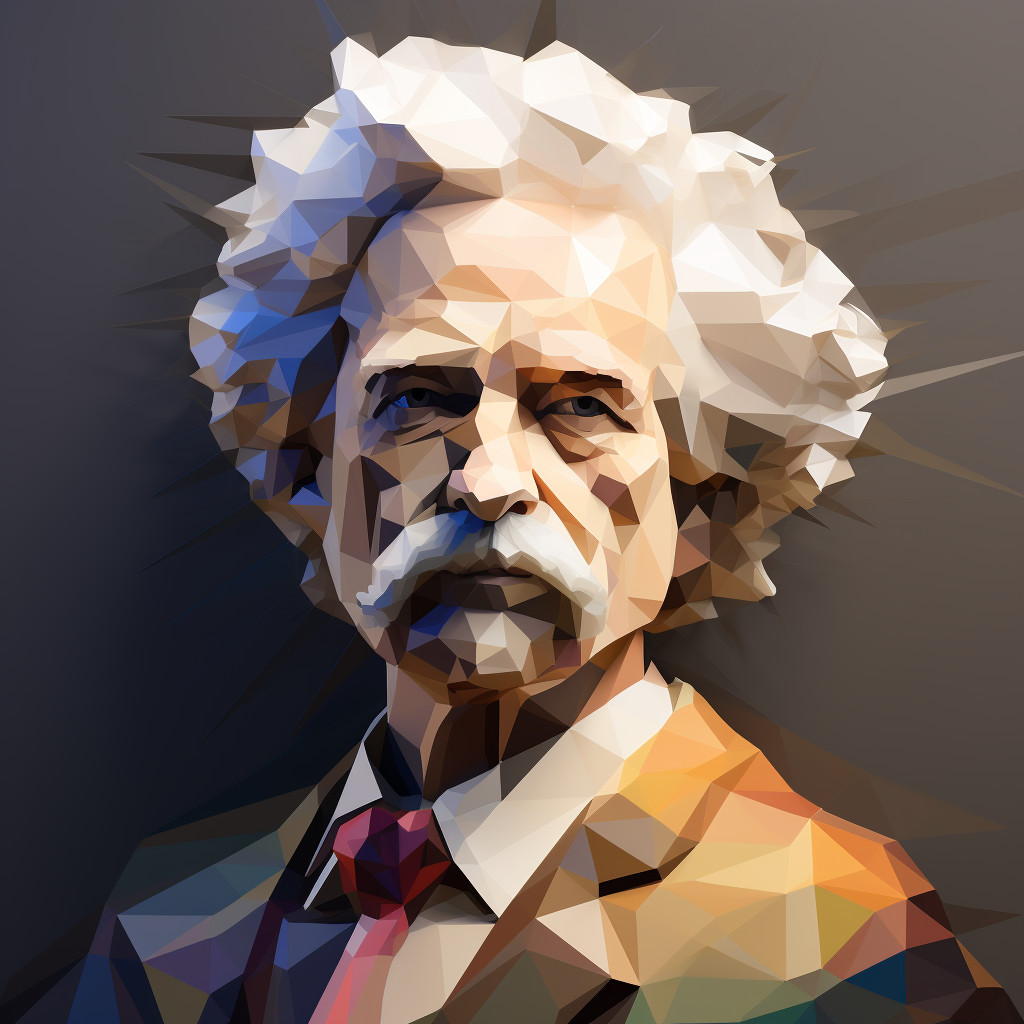This quote is a tongue-in-cheek comment on human nature and our tendency to avoid tasks that we find difficult or unpleasant. It suggests that if we consciously choose not to learn how to do something, we can always rely on someone else who has learned that skill to do it for us. This is a satirical observation, as it points to a certain level of laziness or entitlement that some people might have.
However, it’s important to note that the quote is not advocating for ignorance or lack of self-improvement. Rather, it’s a commentary on how we delegate tasks and responsibilities in society. It highlights the fact that we live in a world where specialization is valued and necessary. We can’t possibly learn and do everything ourselves, so we rely on the expertise and skills of others.
Applying this idea to today’s world, we can see how it plays out in our everyday lives. For example, we don’t need to know how to fix a car because we have mechanics. We don’t need to know how to grow food because we have farmers. This division of labor allows society to function more efficiently.
In terms of personal development, this quote could be interpreted as a call to focus on our strengths and delegate our weaknesses. By concentrating on what we do best and allowing others to do the same, we can create a more productive and effective team. However, it’s also important to continue learning and growing, not to shirk responsibility or avoid challenges.
In a more critical perspective, the quote could also serve as a warning against complacency and over-reliance on others. While it’s beneficial to leverage others’ skills, becoming too dependent can stifle personal growth and self-sufficiency.
In conclusion, while the quote may seem to advocate for ignorance or laziness at first glance, it provides a thought-provoking commentary on the nature of learning, the value of specialization, and the importance of balance between self-reliance and teamwork.






